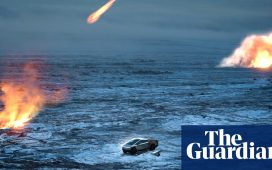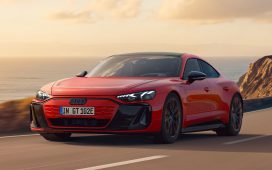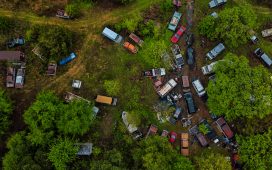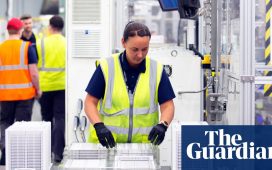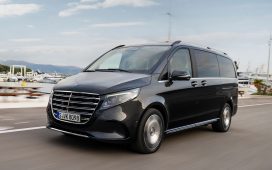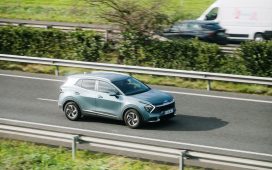- By prioritising NCM batteries and internal production capabilities, Hyundai Motor Group is aiming to address the range anxiety challenge.
Hyundai Motor Group, the world’s third-largest automaker, is making significant strides in strengthening its electric vehicle (EV) battery supply chain and internal production capacity. This move is driven by a strategic focus on offering price-competitive EVs with longer driving ranges, a key aspect in attracting potential EV buyers.
An IANS report stated that recent developments by Hyundai Motor Group highlights this strategy. Last week, SQM, a prominent lithium mining company in Chile, announced a long-term agreement to supply lithium hydroxide to Hyundai Motor and Kia. Hyundai has secured its third lithium hydroxide supply contract in 2024, following agreements with Chinese firms Ganfeng Lithium and Chengxin Lithium Group earlier this year.
Also Read : Confirmed! Hyundai’s most popular model in India to get EV version by….
Lithium hydroxide is a key component in high-performance NCM (nickel-cobalt-manganese) batteries, which offer a higher energy density compared to the more common LFP (lithium iron phosphate) batteries. These batteries boast a higher energy density compared to the more widely used LFP (lithium iron phosphate) batteries. While NCM batteries are more expensive, they offer a significant advantage – a longer driving range per charge for EVs.
Addressing range anxiety
Anxiety over limited driving range remains a major obstacle in the mass adoption of electric cars. Many drivers remain unconvinced that EVs can offer sufficient mileage on a single charge. Hyundai Motor Group appears to be directly addressing this concern by prioritising NCM batteries in its future EV models.
Also Read : Hyundai Inster teased: Electric micro-SUV with focus on tech. Check details
This strategic shift is evident in the upcoming launches from Hyundai and Kia. The Casper Electric, Hyundai’s yet-to-be-revealed subcompact electric SUV, boasts a driving range of 315 kilometres on a single charge, thanks to its NCM battery. This stands in contrast to the Kia Ray EV’s 205 km range, achieved through its LFP battery.
Internal battery production to offset costs
While NCM batteries provide a longer range, they also come with a higher price tag. To mitigate this cost burden for EV customers, Hyundai Motor Group is actively pursuing internal battery production strategies.
The group has already begun production at its jointly-established battery plant with LG Energy Solution in Indonesia. Notably, Kia plans to utilise the NCM batteries produced at this facility in its upcoming EV3 units. This move aims at not only securing a reliable supply of NCM batteries but also finding ways to potentially reduce costs for consumers.
Kia’s commitment to long-range EVs
Kia, a part of Hyundai Motor Group, further emphasises the importance of long-range EVs. Song Ho-sung, CEO and president of Kia, recently highlighted the necessity of ensuring a long driving range for EVs. This statement suggests an expansion in Kia’s adoption of NCM batteries within its future EV models, aligning with the overall group strategy.
By prioritising NCM batteries and internal production capabilities, Hyundai Motor Group is aiming to address the range anxiety challenge. This focus on range could be a game-changer in attracting new EV buyers and accelerating the adoption of electric vehicles.
First Published Date: 26 Jun 2024, 06:34 AM IST

